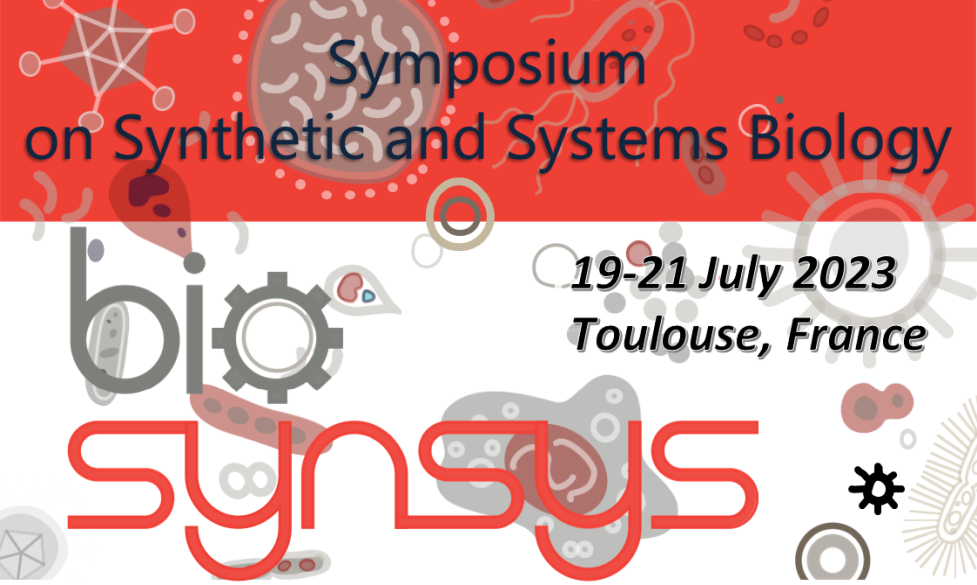Acetate, a major by-product of glycolytic metabolism in Escherichia coli and many other microorganisms, has long been considered a toxic waste compound that inhibits microbial growth. This counterproductive auto-inhibition represents a major problem in biotechnology and has puzzled the scientific community for decades. Recent studies have revealed that acetate is also a co-substrate of glycolytic nutrients and a global regulator of E. coli metabolism and physiology. Here, we used a systems biology strategy to investigate the mutual regulation of glycolytic and acetate metabolism. Computational and experimental results demonstrate that reducing the glycolytic flux enhances co-utilization of acetate with glucose. Acetate metabolism thus compensates for the reduction in glycolytic flux and eventually buffers carbon uptake so that acetate, far from being toxic, actually enhances E. coli growth under these conditions. We validated this mechanism using three orthogonal strategies: chemical inhibition of glucose uptake, glycolytic mutant strains, and alternative substrates with a natively low glycolytic flux. Acetate makes E. coli more robust to glycolytic perturbations and is a valuable nutrient, with a beneficial effect on microbial growth.

|
|
|
|
From toxic waste to beneficial nutrient: acetate boosts E. coli growth at low glycolytic flux
1 : Toulouse Biotechnology Institute Institut National des Sciences Appliquées - Toulouse, Centre National de la Recherche Scientifique, Institut National de Recherche pour l’Agriculture, l’Alimentation et l’Environnement
|
 PDF version
PDF version
